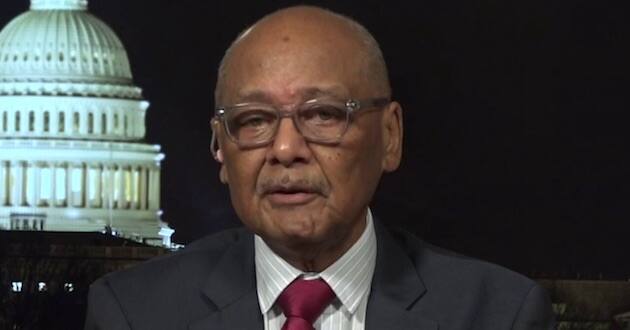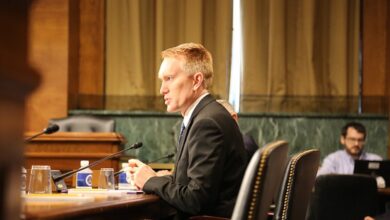Nation needs spiritual renewal, not reparations, civil rights leader says

Not every civil rights activist is in favor of slavery reparations, as the Kansas City Council is exploring.
“We’ve got to look beyond saying that every solution has to have a winner and a loser, that blacks can only benefit if whites lose,” said Bob Woodson, a civil rights activist and the former head of the National Urban League Department of Criminal Justice. “We have to be defined as more than just victims of oppression. We have to communicate to our people the history of how they achieved in the face of oppression.
“But if we continue to sit back and say, ‘All of the challenges that we face … that somehow the control of that is in the hands of white America and, therefore, until white people change, there’s nothing that we can do,’ this sets up a terrible situation for this nation.”
In addition to pointing out a handful of the myriad complexities that make fair and equitable reparations seemingly unfeasible, Woodson spoke to what he sees as the root cause of America’s cultural decay. He discussed the victim mentality pervading much of American society, as well as the divisiveness and spiritual upheaval he believes is at the center of many of the country’s problems.
“The big crisis facing America is not racial,” Woodson declared boldly. “It is a moral and spiritual freefall that is consuming our children. If we are to address this crisis that is causing our children to lack a sense of personal responsibility or value for their own life — they will take their own life or someone else’s — so in order to address that, we must come together and look beyond race and realize America’s drowning because it’s in a moral and spiritual freefall.”
The civil rights leader’s comments come amid recently released survey data from the Cultural Research Center at Arizona Christian University showing only 4 percent of Americans hold to a biblical worldview. Woodson outlined what he believes is the best way to heal, to stop focusing on past sins and instead chart a better way forward.
“None of us should be defined by the worst of what we were in the past,” he said. “But we should be defined by what we want to become in the future and that people are motivated to change when you give them a vision of victories that are possible, not constantly reminding them of injuries to be avoided.”
Woodson has also talked about where the civil rights movement went wrong early on.
“I realized I was in the wrong struggle, and the civil rights movement was beginning to morph into a race-grievance industry,” he said upon his retirement. “And then the poverty programs came along, where they spent 22 trillion dollars with 70 cents going, not to the poor, but to those who served the poor. They asked which problems are fundable, not which ones are solvable,” Woodson reflected. “And so I realized that …I’m in the wrong struggle, that I need to be reaching out and helping poor people of all races who are locked out.”
–Dwight Widaman | Metro Voice






